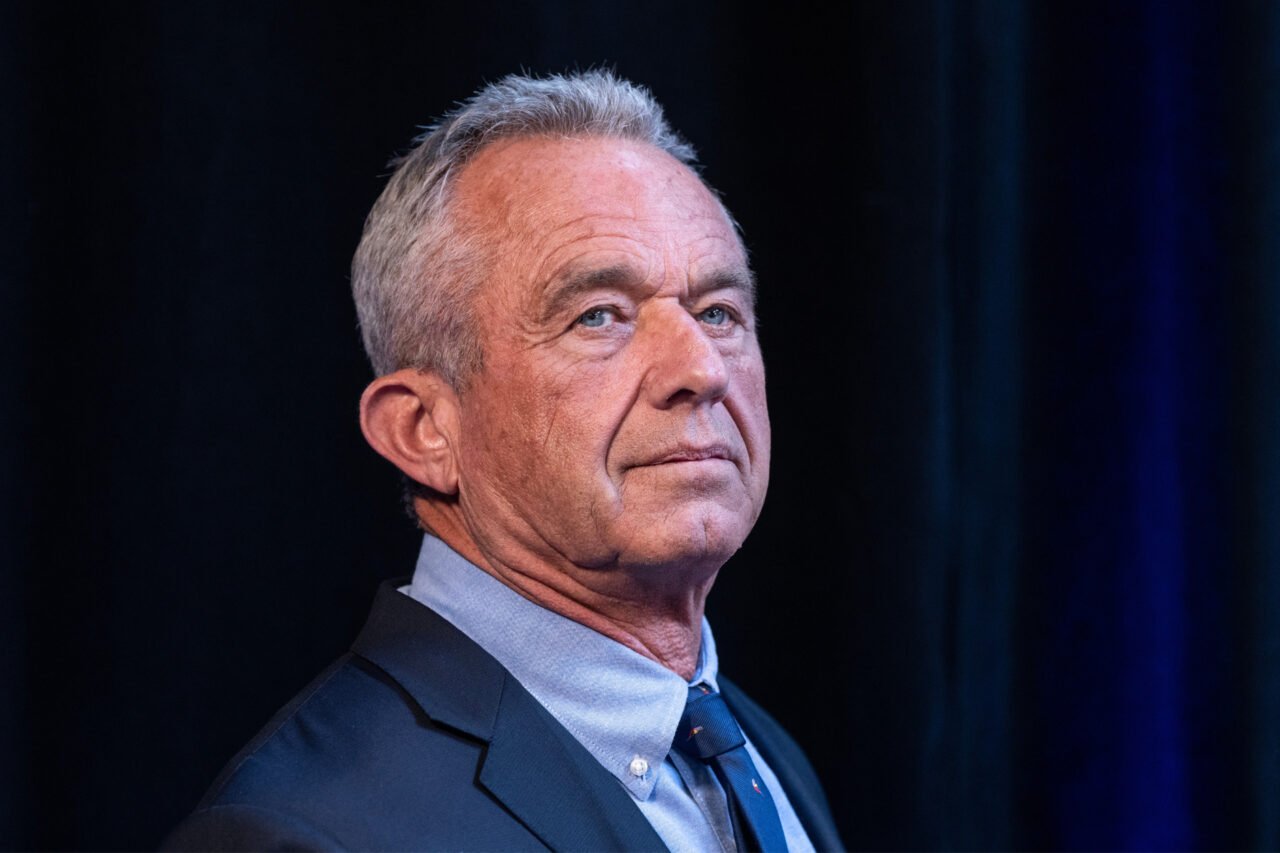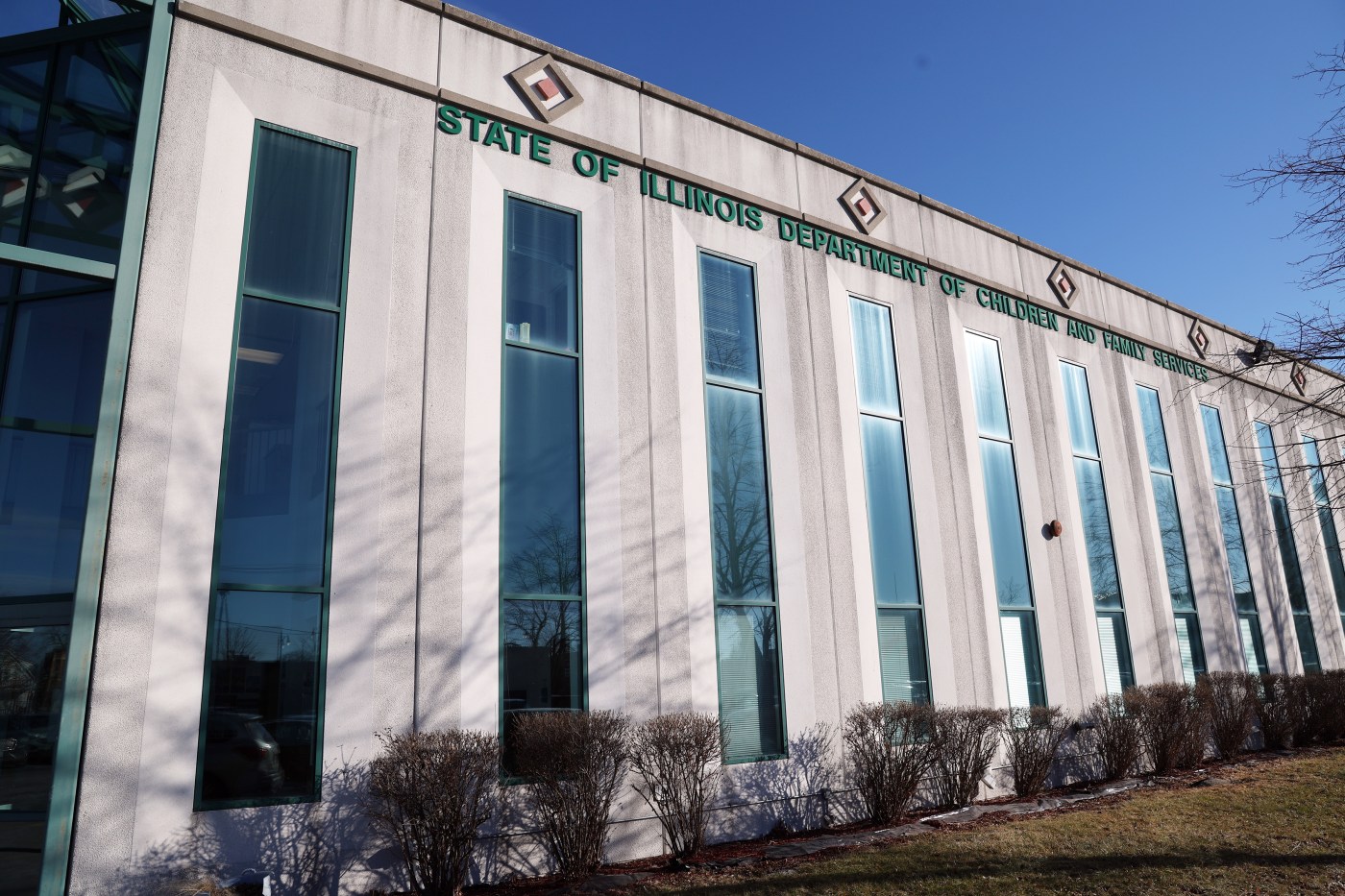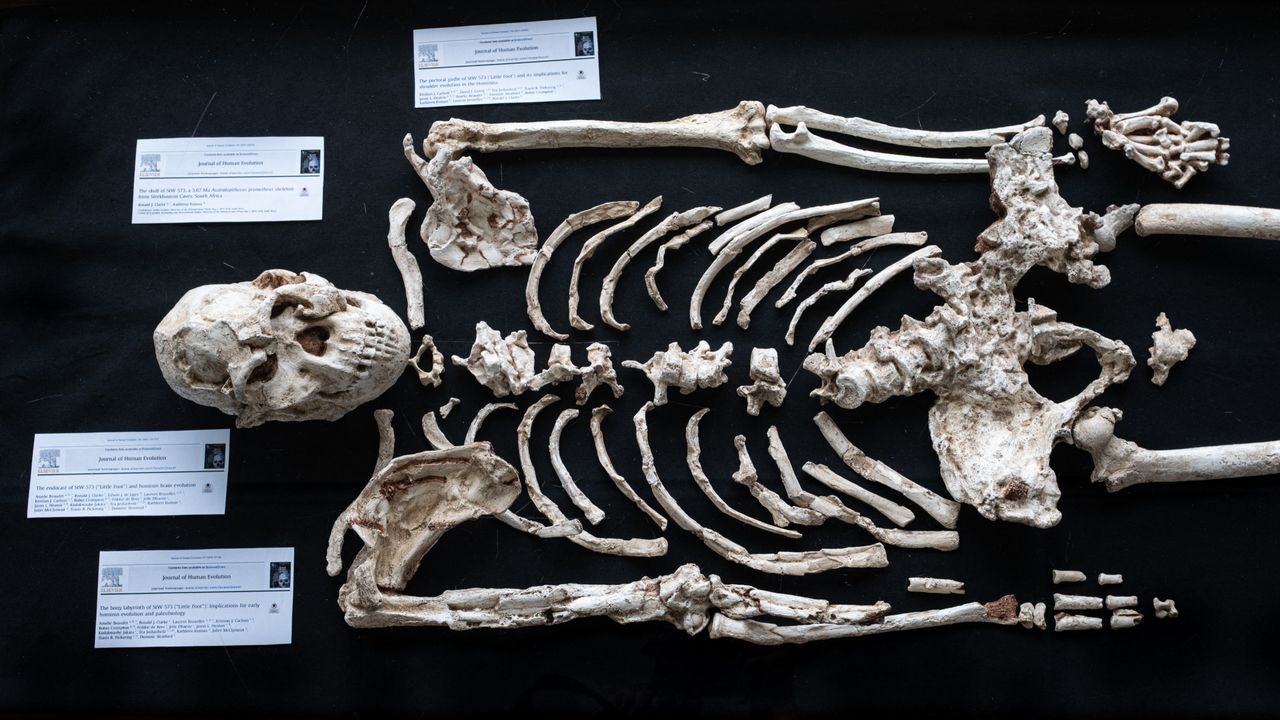The influence of Robert F. Kennedy Jr. on public health policy is set to resurface as the Advisory Committee on Immunization Practices (ACIP) meets on December 4 and 5, 2023. The upcoming session is expected to address significant changes in vaccination recommendations, including the controversial childhood vaccination schedule and discussions surrounding “contaminants” in vaccines. Concerns are rising over potential moves to eliminate the long-standing recommendation for infants to receive the hepatitis B vaccine at birth.
Historically, the hepatitis B vaccine has been a cornerstone of public health strategy in the United States. It is administered to infants shortly after birth to prevent transmission from infected mothers and to reduce the risk of chronic infection, which can lead to serious health complications later in life. Senator Bill Cassidy (R-Louisiana) recently voiced his opposition to any attempts to roll back these recommendations, stating, “I want to make America healthy, and you don’t start by stopping recommendations that have made us substantially healthier.”
ACIP’s Controversial Changes and Leadership Shake-Up
Earlier this year, Kennedy dismissed all existing members of the ACIP, replacing them with advisors who share his skepticism towards vaccines. This restructured committee has already made decisions that align with anti-vaccination sentiments, including the removal of thimerosal from vaccines, despite substantial scientific evidence debunking its link to autism. The CDC had previously eliminated thimerosal from most childhood vaccines as a precautionary measure in the early 2000s.
During its two previous meetings, the new ACIP issued recommendations that have been welcomed by the anti-vaccination movement, raising concerns about the committee’s commitment to science-based evaluations. In a significant move, the ACIP recommended that children under four no longer receive the combination measles, mumps, rubella, and varicella vaccine (MMRV), a decision that has sparked controversy among health experts.
The leadership changes at the CDC have also drawn scrutiny. Following the swift dismissal of former CDC director Susan Monarez after just four weeks, many senior officials resigned in protest, highlighting the internal turmoil within the organization. Monarez reportedly refused to endorse ACIP’s recommendations without thorough review, a decision that illustrated the growing divide between the agency’s traditional public health guidelines and the new direction under Kennedy.
Impact of Potential Changes on Public Health
The potential removal of the universal at-birth hepatitis B vaccination raises serious public health concerns. Hepatitis B is primarily transmitted through direct contact with bodily fluids, and while antiviral treatments are available for chronic infections, there is currently no cure. Without vaccination, many children could face lifelong health issues, including cirrhosis and liver cancer.
Since the adoption of the hepatitis B vaccination strategy, infection rates among children in the U.S. have significantly decreased. The vaccine has a strong safety profile, with severe side effects being rare and manageable. At the last ACIP meeting, CDC staff emphasized the importance of maintaining the at-birth vaccination policy, warning that reversing it could lead to increased hepatitis B infections among children.
The inclusion of the childhood vaccination schedule on the agenda for the December meeting is particularly alarming. The anti-vaccination group Children’s Health Defense, founded by Kennedy, has actively campaigned for a complete overhaul of the vaccination schedule. At a recent conference, Mark Gorton, president of the MAHA Institute, called for the elimination of the childhood vaccination schedule, reflecting the growing influence of anti-vaccine sentiment in public discourse.
As the ACIP prepares for its upcoming meeting, the ramifications of its decisions will have profound implications for public health policy in the United States. With the potential for significant changes on the horizon, the public health community is watching closely to see how the committee will navigate the pressures from both the anti-vaccination movement and traditional health advocates. The outcome of this meeting could reshape vaccination practices and affect the health of future generations.







